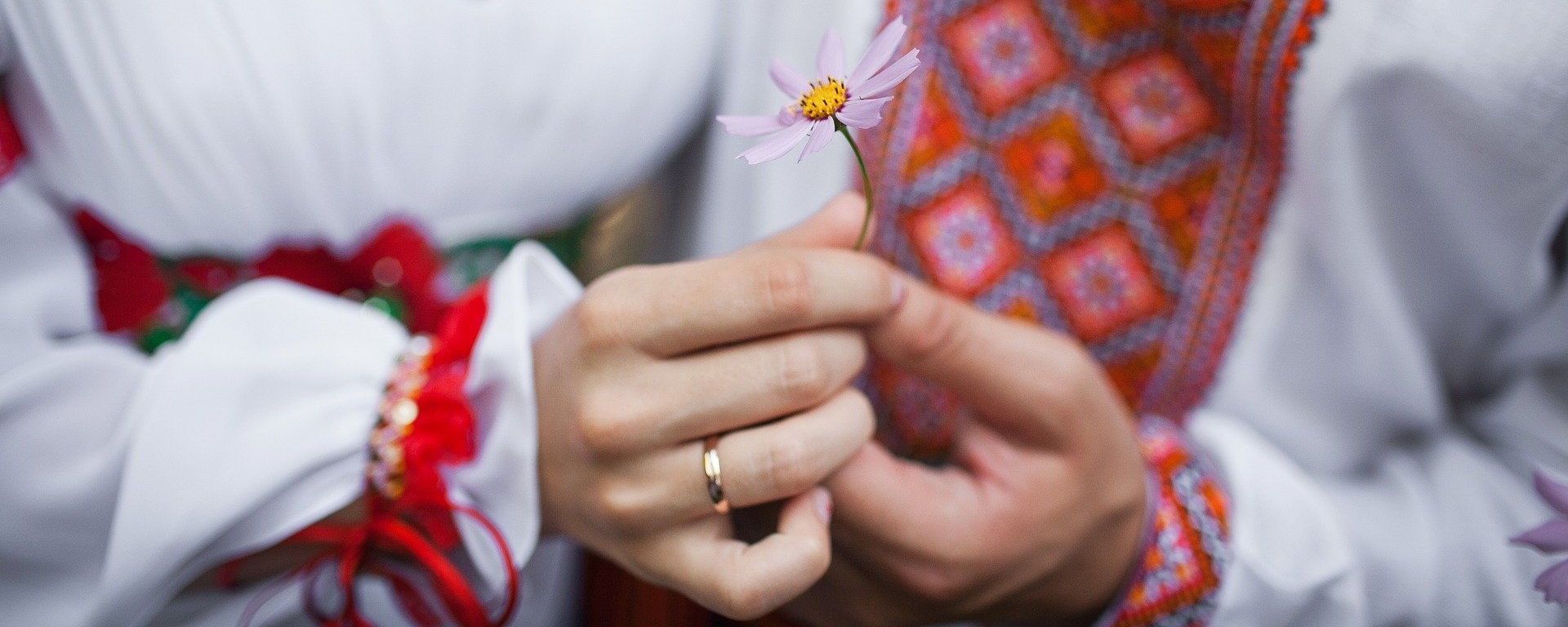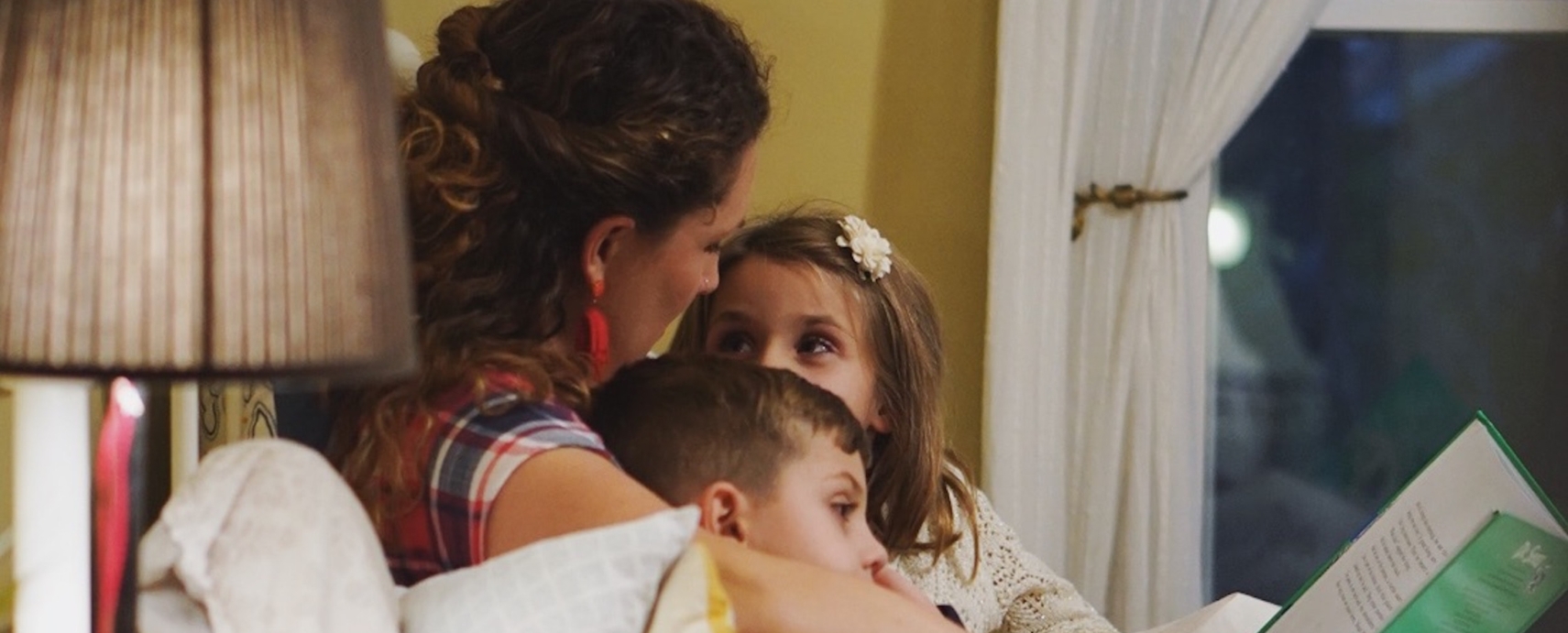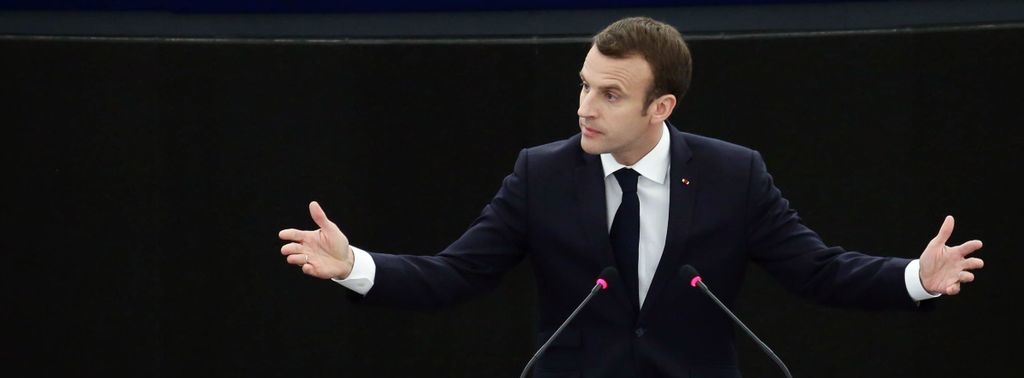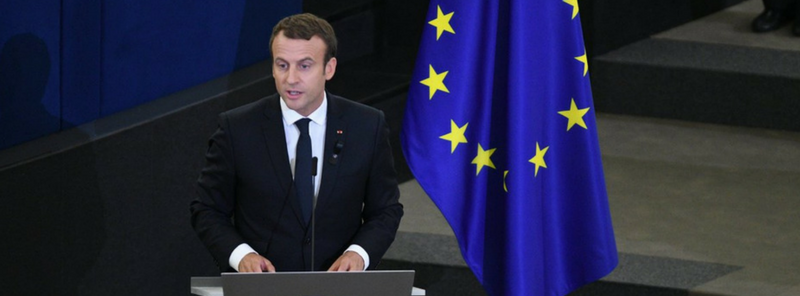Art & Family
The Family is very connected with Art. In this page we would like to encourage families with all their members to live with Art and to make of art by their lives living their faith.
As John Paul II Pope said in 1999 in its Letter to the Artists “Society needs artists, just as it needs scientists, technicians, workers, professional people, witnesses of the faith, teachers, fathers and mothers, who ensure the growth of the person and the development of the community by means of that supreme art form which is “the art of education”. Within the vast cultural panorama of each nation, artists have their unique place. Obedient to their inspiration in creating works both worthwhile and beautiful, they not only enrich the cultural heritage of each nation and of all humanity, but they also render an exceptional social service in favor of the common good.
The particular vocation of individual artists decides the arena in which they serve and points as well to the tasks they must assume, the hard work they must endure and the responsibility they must accept. Artists who are conscious of all this know too that they must labour without allowing themselves to be driven by the search for empty glory or the craving for cheap popularity, and still less by the calculation of some possible profit for themselves. There is therefore an ethic, even a “spirituality” of artistic service, which contributes in its way to the life and renewal of a people. It is precisely this to which Cyprian Norwid seems to allude in declaring that “beauty is to enthuse us for work, and work is to raise us up”.
The distinction between the moral and artistic aspects is fundamental, but no less important is the connection between them. Each conditions the other in a profound way. In producing a work, artists express themselves to the point where their work becomes a unique disclosure of their own being, of what they are and of how they are what they are. And there are endless examples of this in human history. In shaping a masterpiece, the artist not only summons his work into being, but also in some way reveals his own personality by means of it. For him art offers both a new dimension and an exceptional mode of expression for his spiritual growth. Through his works, the artist speaks to others and communicates with them. The history of art, therefore, is not only a story of works produced but also a story of men and women. Works of art speak of their authors; they enable us to know their inner life, and they reveal the original contribution which artists offer to the history of culture. A noted Polish poet, Cyprian Norwid, wrote that “beauty is to enthuse us for work, and work is to raise us up”. The theme of beauty is decisive for a discourse on art. It was already present when I stressed God’s delighted gaze upon creation. In perceiving that all he had created was good, God saw that it was beautiful as well. The link between good and beautiful stirs fruitful reflection. In a certain sense, beauty is the visible form of the good, just as the good is the metaphysical condition of beauty. This was well understood by the Greeks who, by fusing the two concepts, coined a term which embraces both: kalokagathía, or beauty-goodness. On this point Plato writes: “The power of the Good has taken refuge in the nature of the Beautiful”.
Tate Gallery is inviting us to Explore how artists have responded to the theme of Family
National Gallery Art is inviting you to Discover a variety of multi-generational programs
Kids and Families. The Met Museum has so much to offer kids and their families
PRESS RELEASE | FAFCE call for peace in Ukraine
Brussels, the 24th of February 2022 Following the troubling news coming from Ukraine, FAFCE associates itself to Pope Francis' appeal for peace, addressed in particular "to political leaders so that they make a serious examination of conscience before God
PRESS RELEASE | FAFCE’s appeal for peace in Ukraine
Brussels, the 24th of February 2022 Following the troubling news coming from Ukraine, FAFCE associates itself to Pope Francis' appeal for peace, addressed in particular "to political leaders so that they make a serious examination of conscience before God
The European Parliament recalls the heavy work of caregivers during the pandemic and their risk to poverty
22nd of February 2022, Last week, the European Parliament adopted two resolutions on the difficult consequences of the pandemic on European families. The texts stressed the obstacles faced by caregivers, especially mothers, in the workplace, and the rise in
PRESS RELEASE: FAFCE’s Open Letter to French President Emmanuel Macron: “Are we still free to protect life?”
Brussels, the 21st of January 2021 The President of FAFCE, Vincenzo Bassi, and its Honorary President, Antoine Renard, sent an open letter to French President Emmanuel Macron, in reaction to his speech to the European Parliament this week. The
FAFCE’s Open Letter to French President Emmanuel Macron: “Are we still free to protect life?”
Brussels, 21 January 2022 Dear Mr. President, Following your speech at the European Parliament on the occasion of the start of the French Presidency of the Council of the European Union, we would like to express our concerns about
Start of the European Year of Youth 2022: young people want to work, but also to start a family
Brussels, 13 January 2022 On 15 September 2021, European Commission President von der Leyen announced in her State of the Union address that the European Commission will propose to make 2022 the European Year of Youth, “a year dedicated






